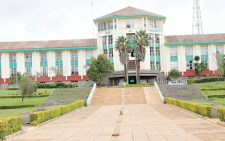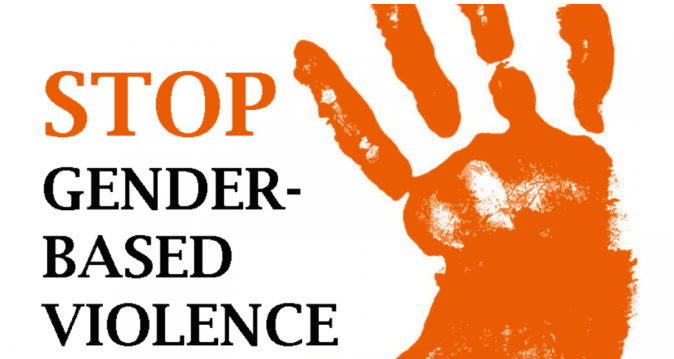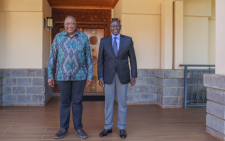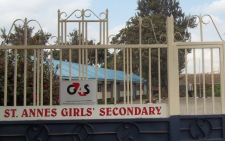Get all learners back to school
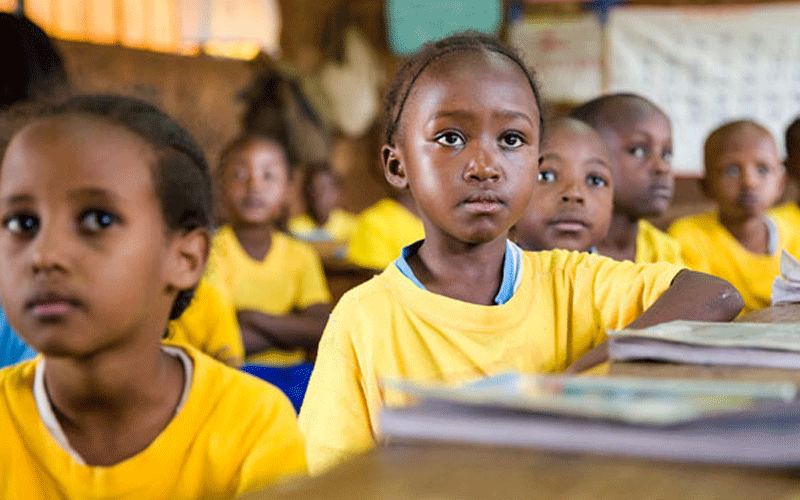
Leaders from northern Kenya have raised alarm that more than 1.2 million learners in both primary and secondary schools from 10 counties cannot be traced.
This is despite a directive by President Uhuru Kenyatta that all learners—including expectant girls — report to school after almost a year of missed learning due to Covid-19 pandemic.
The affected counties include Turkana, West Pokot, Samburu, Isiolo, Mandera, Wajir, Garissa, Tana River, Lamu and Mandera.
Primary schools have the largest deficit at 821,790, followed by pre-primary at 288,350 and secondary 185,680, bringing to 1,295,820 the total number of children out of school.
Mandera has the highest number at 265,000, followed by Garissa 255,870, Wajir 237,400, Turkana 224,270 and Marsabit 94,320.
This also despite the aggressive campaign by the Interior ministry, which deployed the provincial administration to mop up children who had not returned to school.
That such a large number of children could be out of school in the region should concern the authorities and trigger action without delay.
There is a direct link between illiteracy and under development. Already, the northern frontier districts are in a rush to catch up with the rest of the country courtesy of devolution after long periods of marginalisation.
The underdevelopment of northern Kenya is blamed on scarcity of resources, aridity and insecurity occasioned by terror attacks a.
It is unclear why such a big number of learners are out of school but the situation could be attributable to the pastoralist life of local communities.
But the matter also raises questions about the level of responsibility by the learner’s parents and guardians.
There should be no rationale in keeping children at home after the government asked the institutions to accommodate even those without fees.
True, the government should mobilise the learners back to school, but it cannot play the role of parents.
It should not take aggressive action by the Interior ministry to push parents to take their children to school.
Matters are compounded by the fact that the region borders war-torn Somalia where youths are radicalised by terror groups.
We are equally concerned by the shortage of teachers after their employer decided to withdraw tutors following acts of insecurity.
Now that the shocking figures are out, every effort must be made to trace the learners.
From parents to local leaders, non-governmental organisations and the government, all efforts should be made to stop the region sliding back to the past experience when literacy levels were very low.










